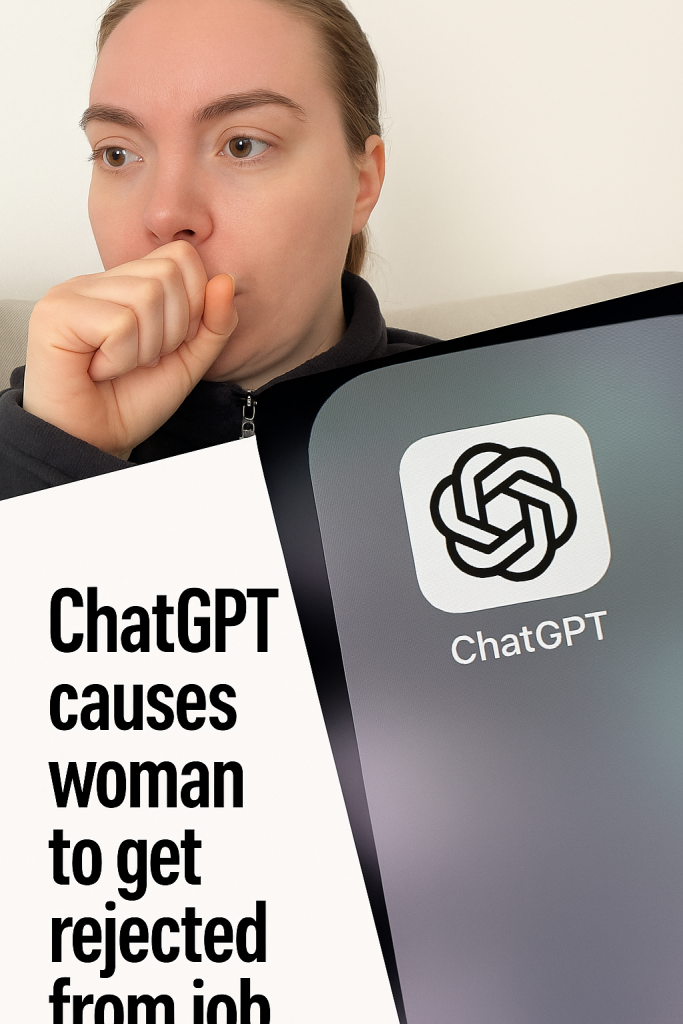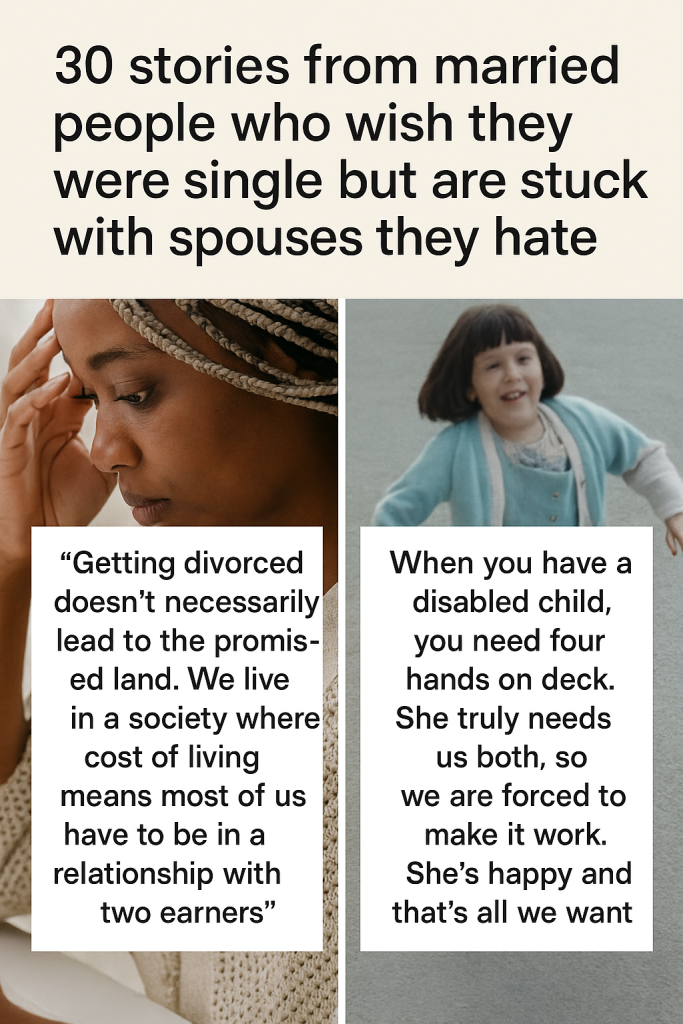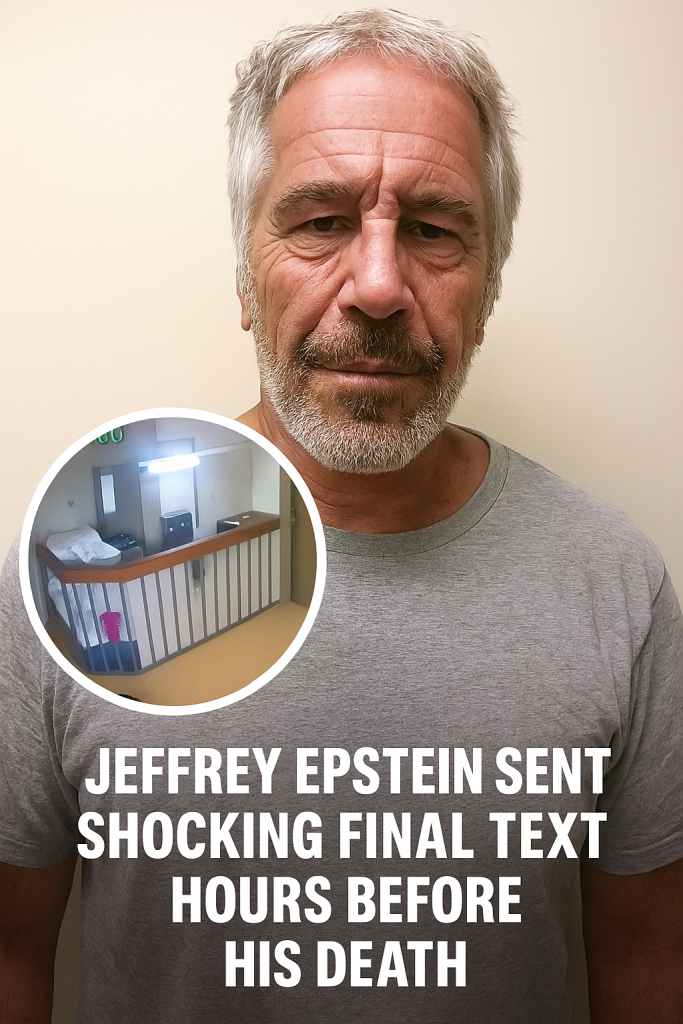A recent job rejection has sparked a heated debate about the role of artificial intelligence tools like ChatGPT in the workplace, as a woman shared her experience of being turned down after openly admitting to using the AI assistant during her application process.
The candidate, who has not publicly disclosed her identity, revealed that despite her qualifications and experience, the hiring manager explicitly cited her use of ChatGPT as a reason for not moving forward with her application. “I’m proud to say I use it,” she said in a statement, highlighting her belief that leveraging AI tools is a smart and efficient way to enhance productivity and communication.
According to her account, the prospective employer expressed concerns about originality, authenticity, and potential over-reliance on AI-generated content. The hiring manager reportedly mentioned a preference for “human-generated work” rooted in personal insight rather than assistance from AI. This raises the ongoing question of how companies view and integrate AI tools within their workflows and hiring standards.
ChatGPT, developed by OpenAI, has become a widely adopted assistant in professional and personal contexts alike. It helps with drafting emails, generating ideas, and even coding, effectively streamlining many tasks. Many professionals openly embrace ChatGPT and similar tools as part of their workflow, viewing them as a technological advantage rather than a crutch.
The controversy surrounding the job rejection reflects a broader conversation about the ethical and practical implications of AI in employment. While some employers worry about authenticity, originality, and fairness, others argue that proficiency in using AI tools is an emerging skill crucial for the modern workforce.
Experts in AI and employment trends note that this incident is not isolated. Increasingly, organizations are grappling with how to balance traditional expectations of independent work with the reality that AI has become deeply embedded in how many professionals operate daily.
“AI is transforming the way we work,” said an industry analyst who prefers to remain anonymous. “Refusing candidates solely because they use AI tools may overlook valuable skills like adaptability, tech-savviness, and efficiency.”
Meanwhile, some hiring managers emphasize the importance of transparency about AI use while encouraging candidates to showcase their unique insights alongside AI-assisted outputs.
For the woman at the center of this story, the experience has not dampened her enthusiasm for AI. She insists that the future of work is collaborative—not competitive—with AI. “I believe using ChatGPT is a way of working smarter, not harder,” she said. “Rejecting me over this sends a message that not everyone is ready to embrace the future.”
The incident has already sparked dialogue across social media platforms, with many people sharing their own experiences—both positive and negative—with AI-assisted job applications and workflows. It also highlights the evolving nature of workplace norms as technology continues to reshape professional environments.
As AI tools like ChatGPT become increasingly mainstream, both job seekers and employers are navigating uncharted territory. This case serves as a powerful example of the potential challenges and opportunities when technology and tradition intersect in hiring processes.
Whether companies will update hiring policies to recognize AI skills as a legitimate asset remains to be seen, but one thing is clear: the conversation about AI’s place in the workforce is only just beginning.



